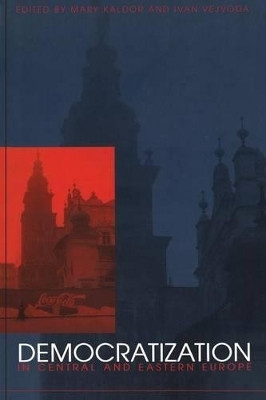Democratization in Central and Eastern Europe(English, Paperback, unknown)
Quick Overview
Product Price Comparison
In December 1995, the European Council in Madrid announced that Central and Eastern European countries would be eligible for EU membership, provided that they met certain political conditions. The Amsterdam summit in July 1997 acknowledged that the CEECs had made impressive steps towards democracy and invited five of them (Czech Republic, Estonia, Hungary, Poland and Slovenia) to open negotiations for access to membership. This book is based on a study which brought together scholars from each of the potential member countries to develop a methodology for assessing the degree of democratization attained by the CEECs. They assess the degree of democratization achieved by the CEECs so far, making a distinction between formal (procedural) democracy and substantive democracy (democratic political culture), and concluding that although the CEECs more or less meet the criteria for formal democracy, they all exhibit weaknesses in substantive democracy. Following an introductory overview, chapters cover the democratization process in Estonia, Latvia, Lithuania, Poland, Czech Republic, Slovakia, Hungary, Slovenia, Romania and Bulgaria.A concluding chapter looks forward to how the broader democratic Europe might evolve.


